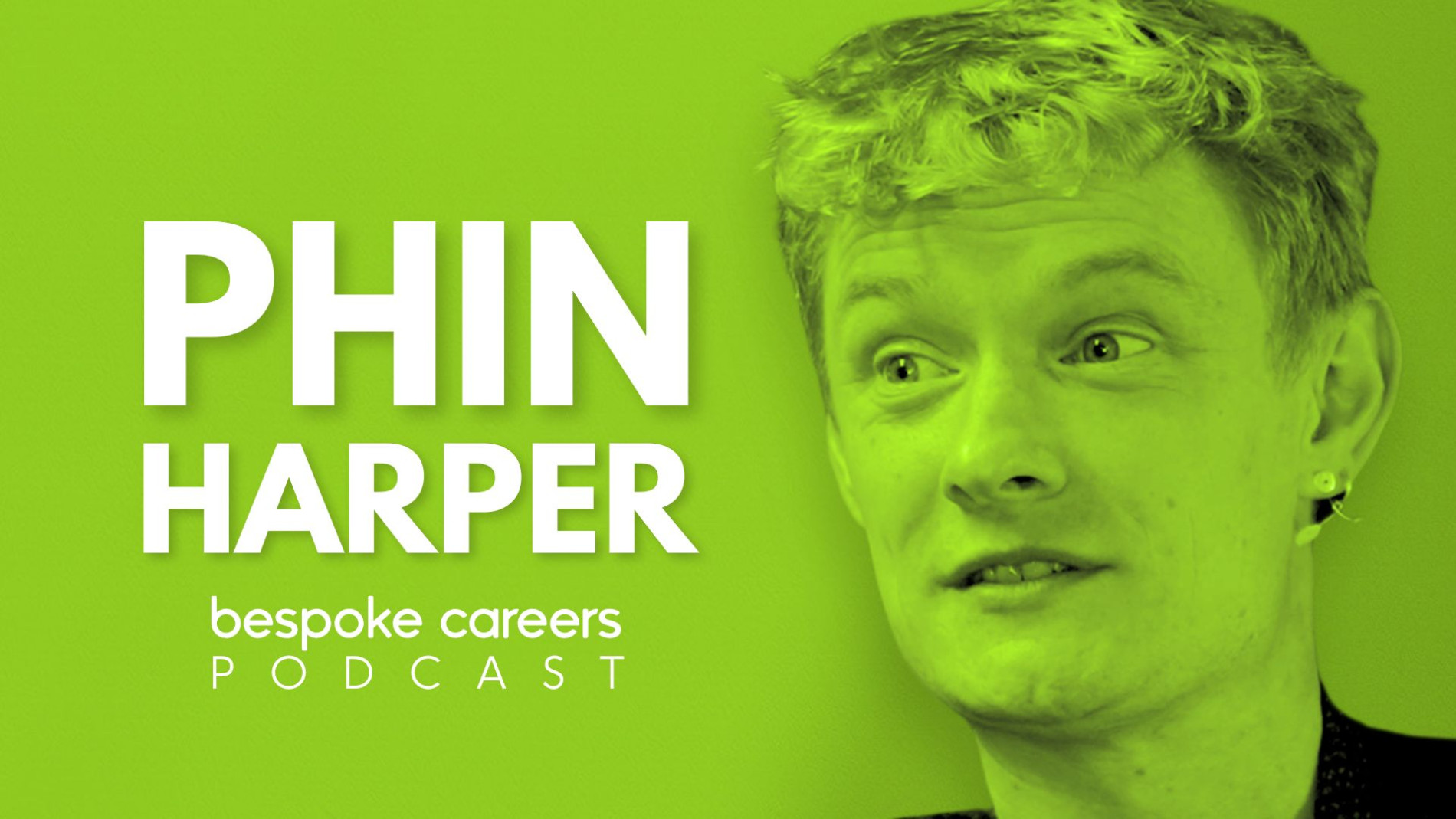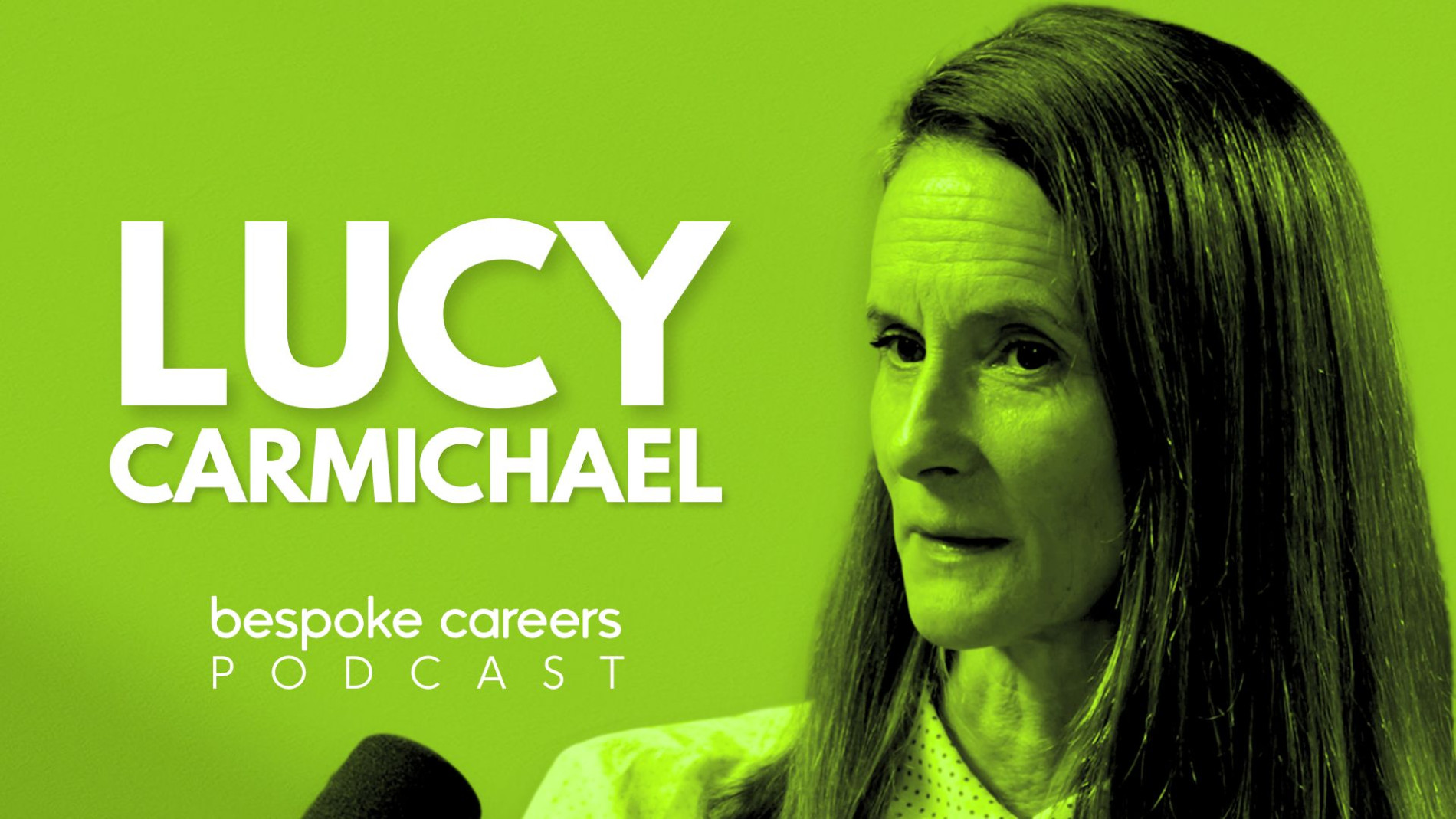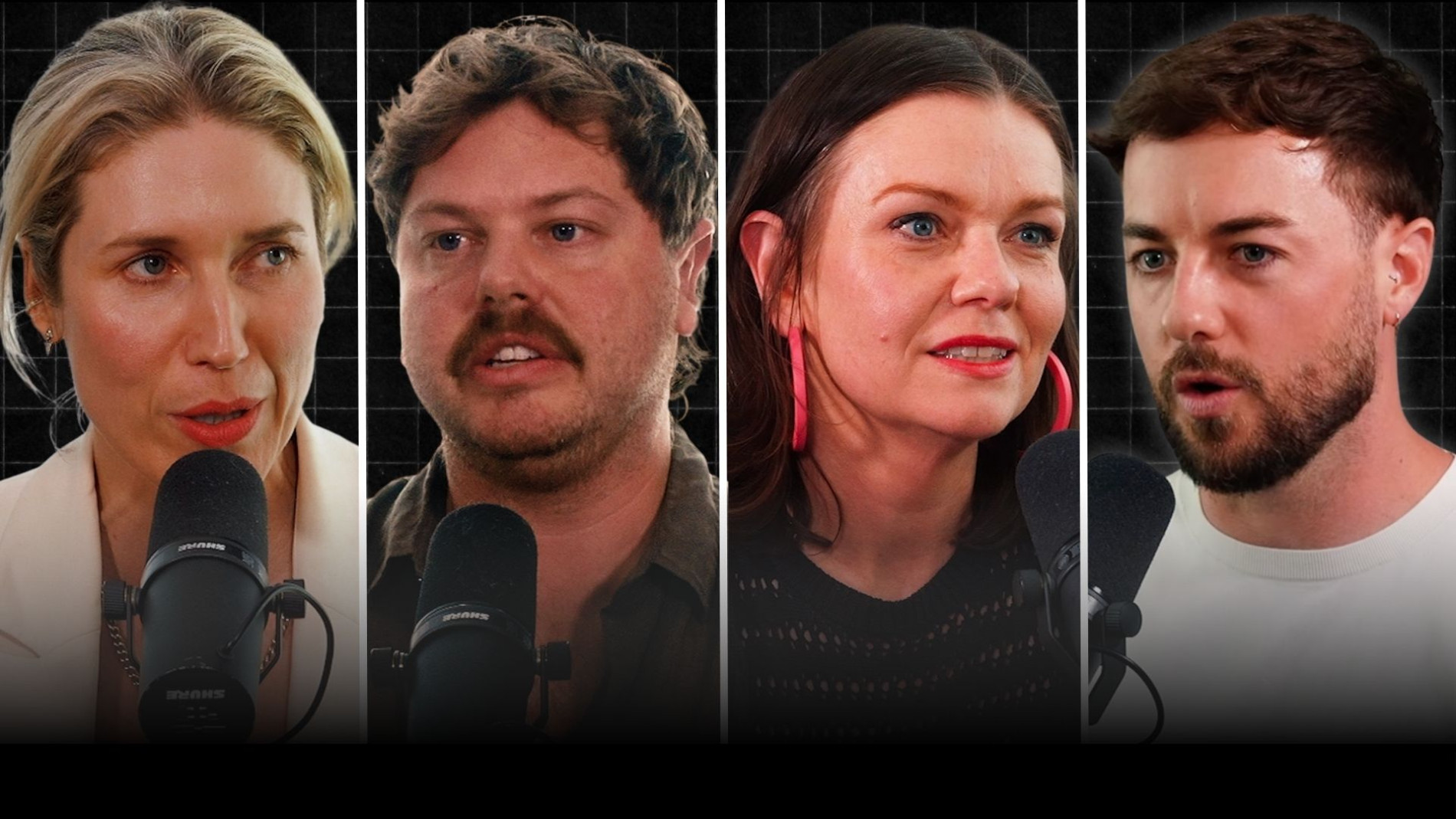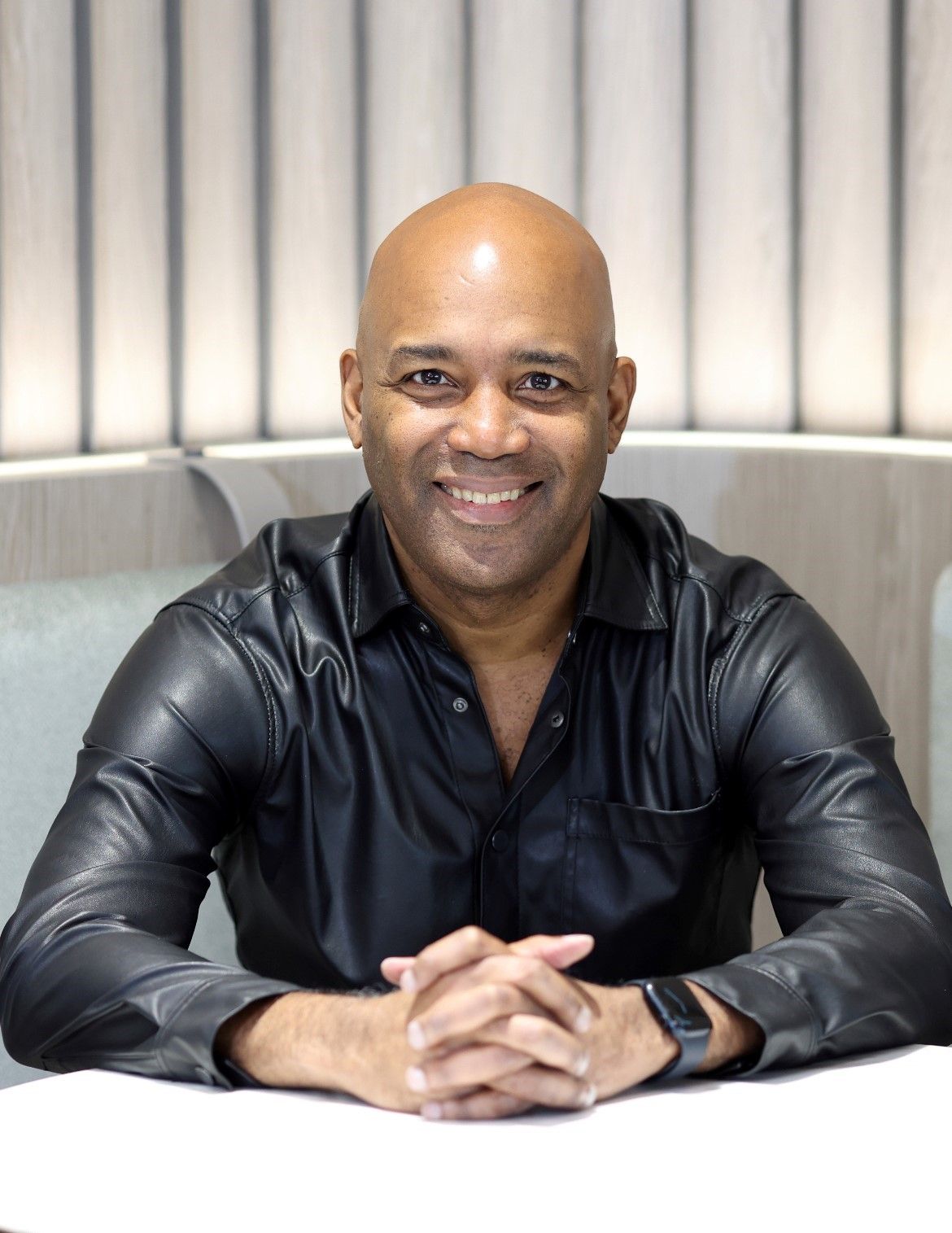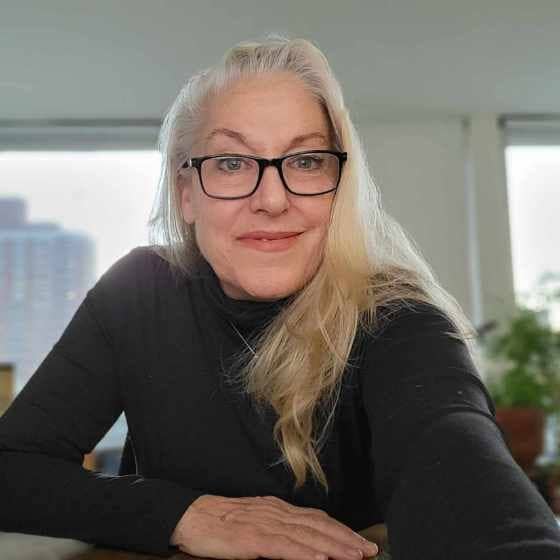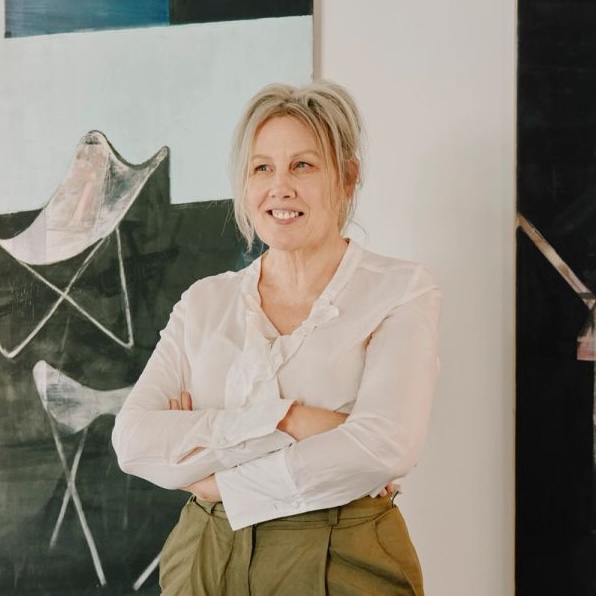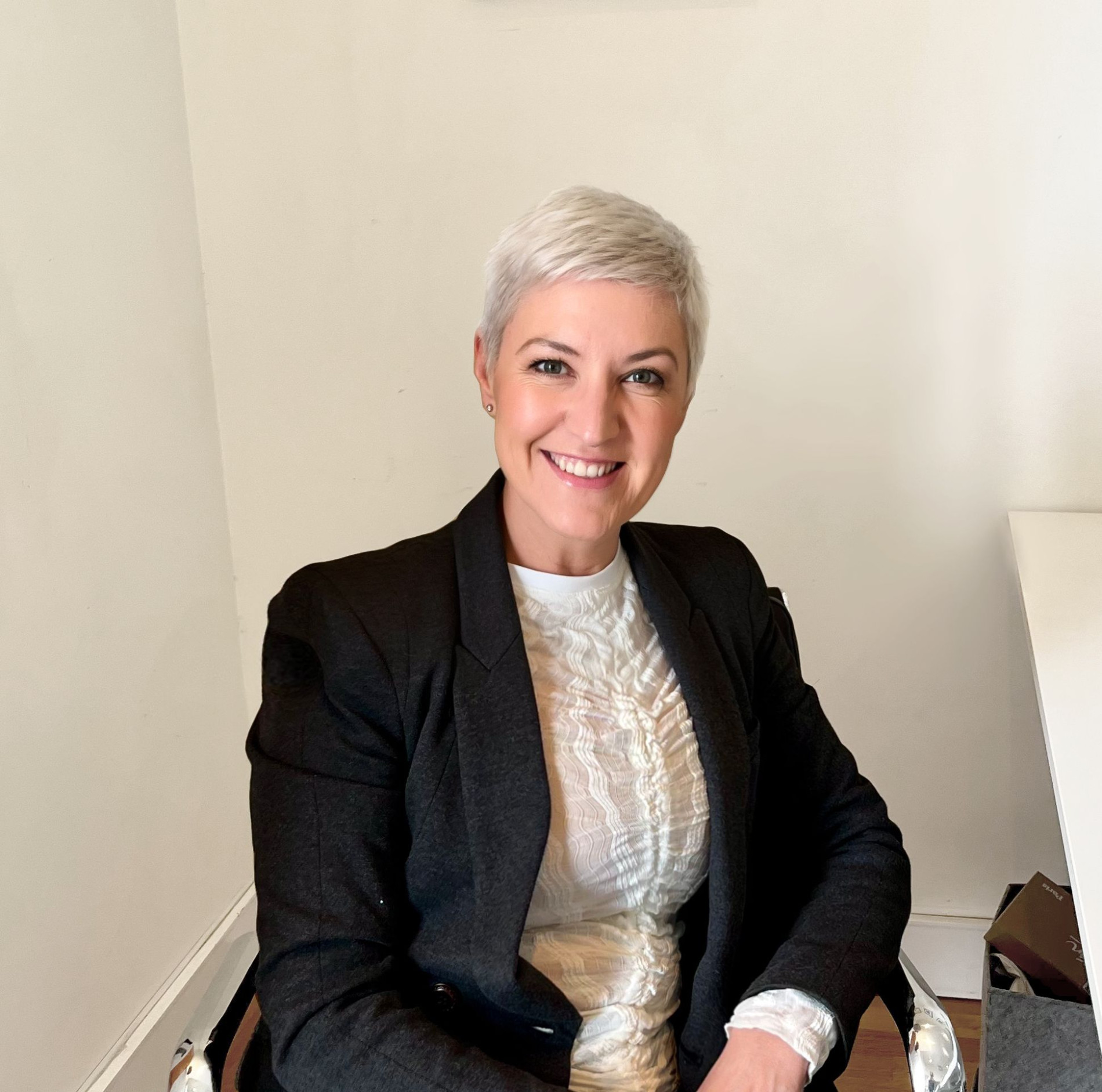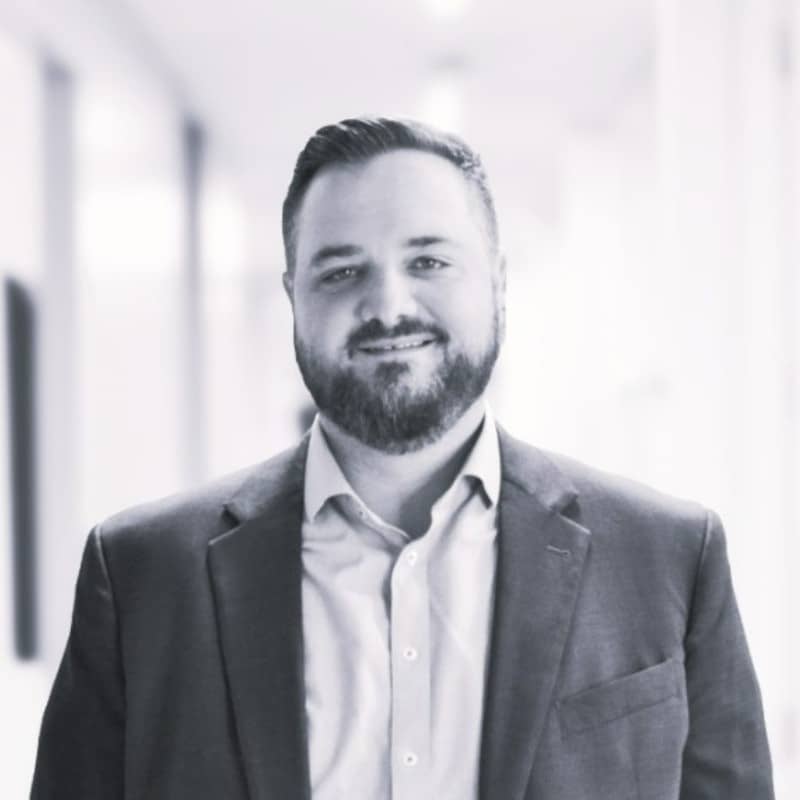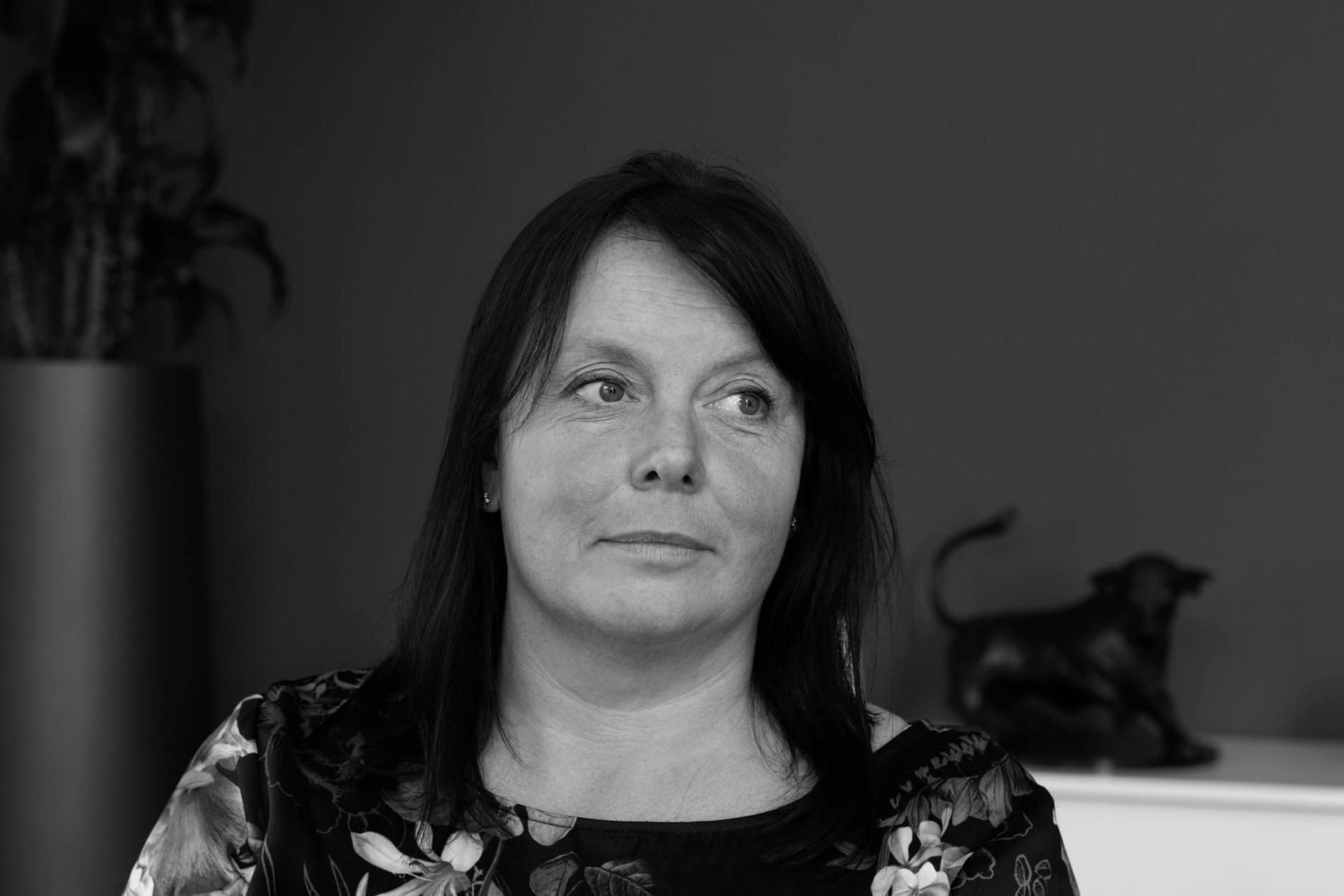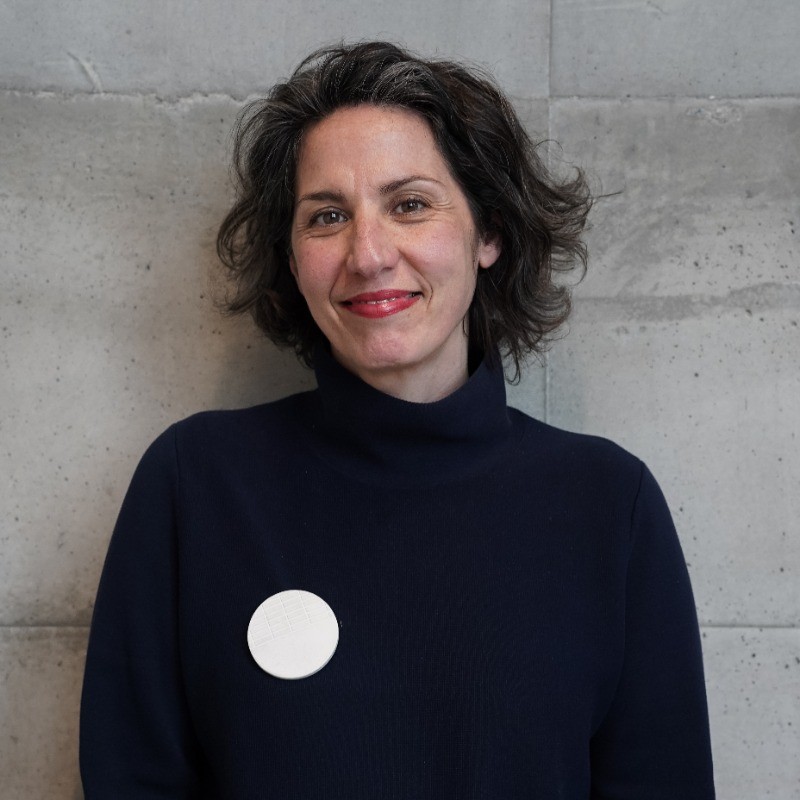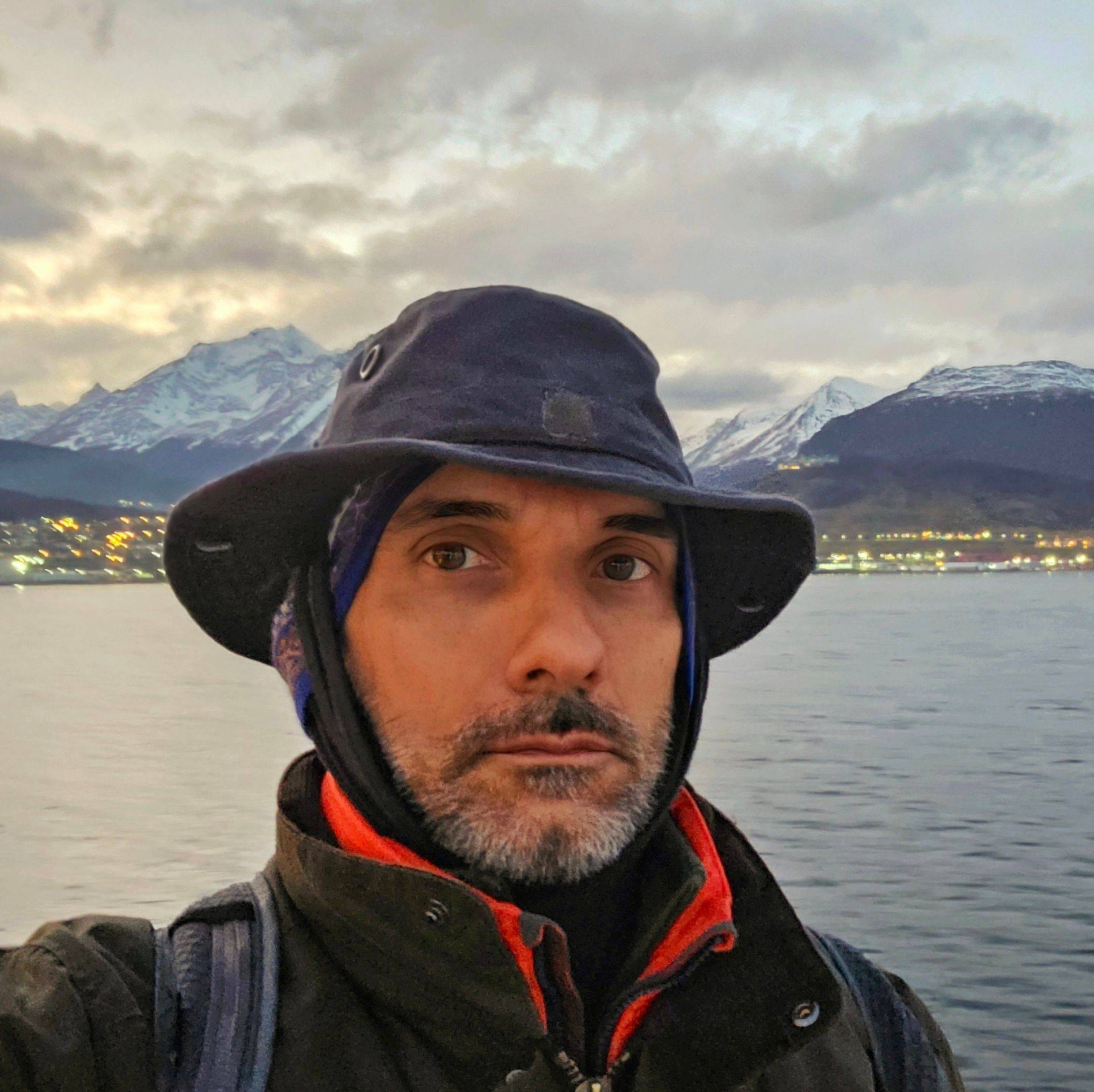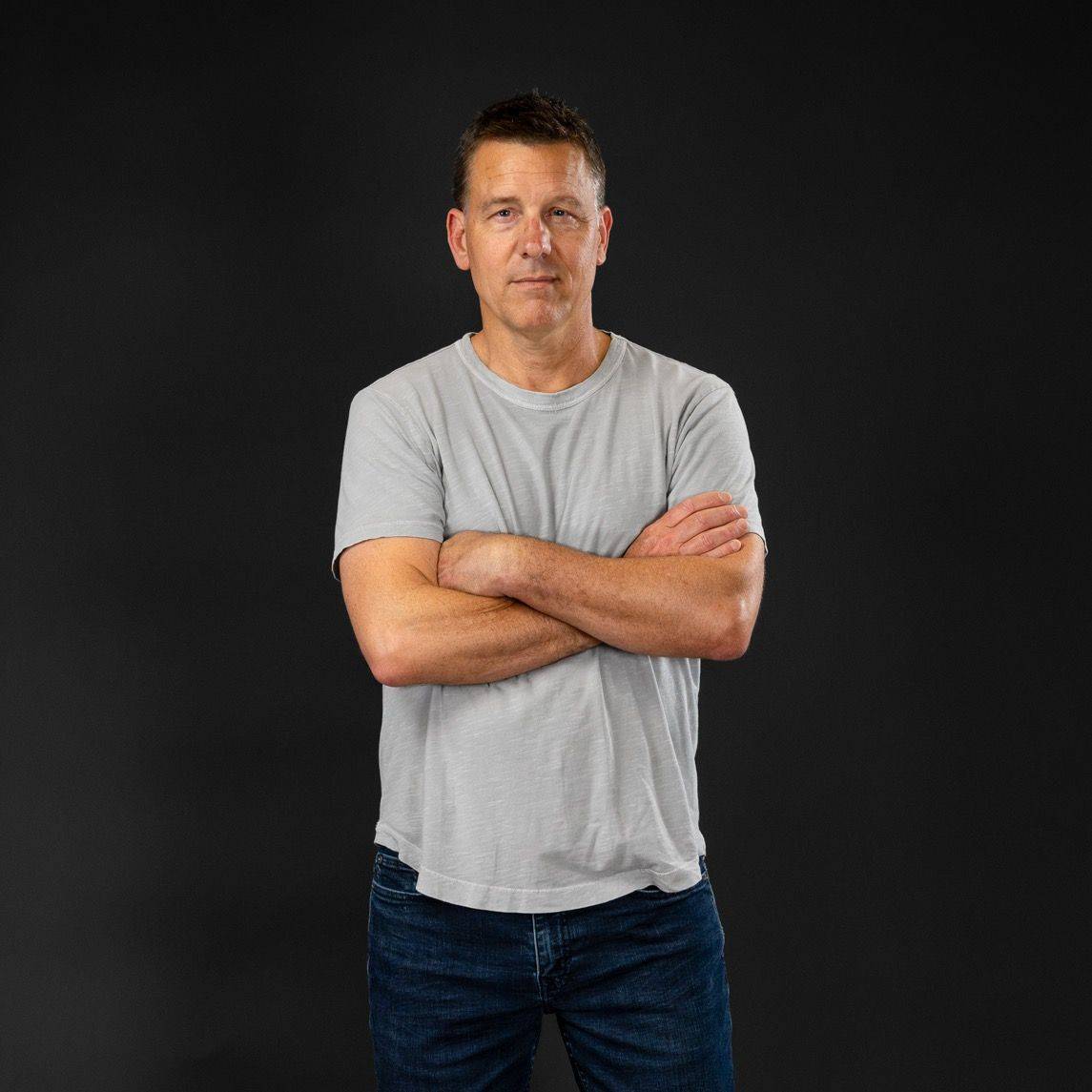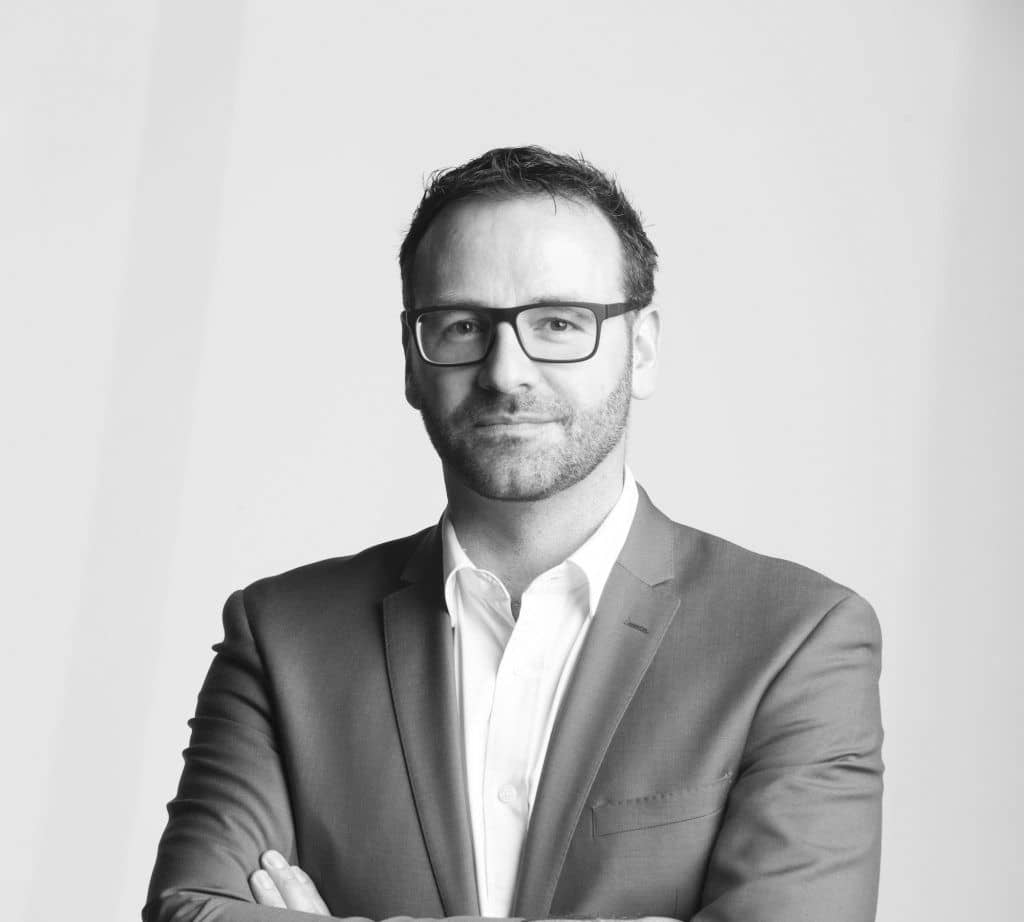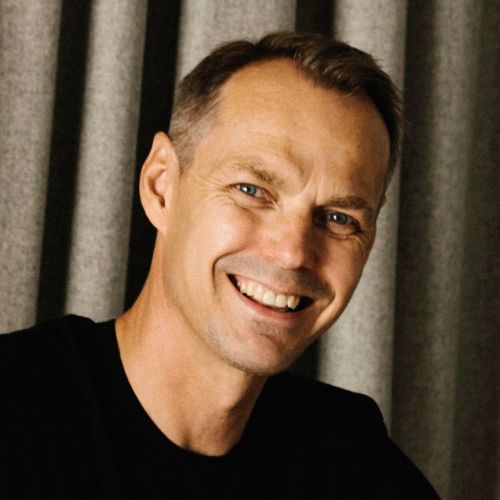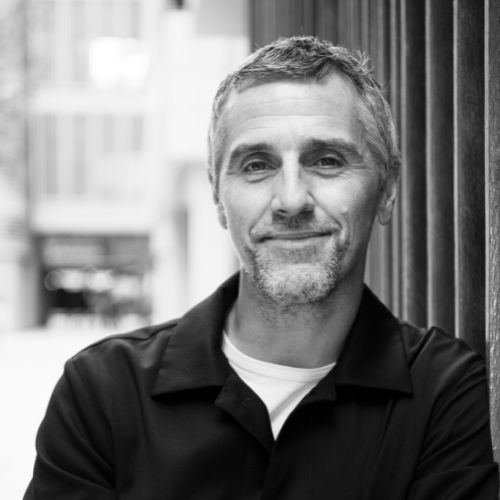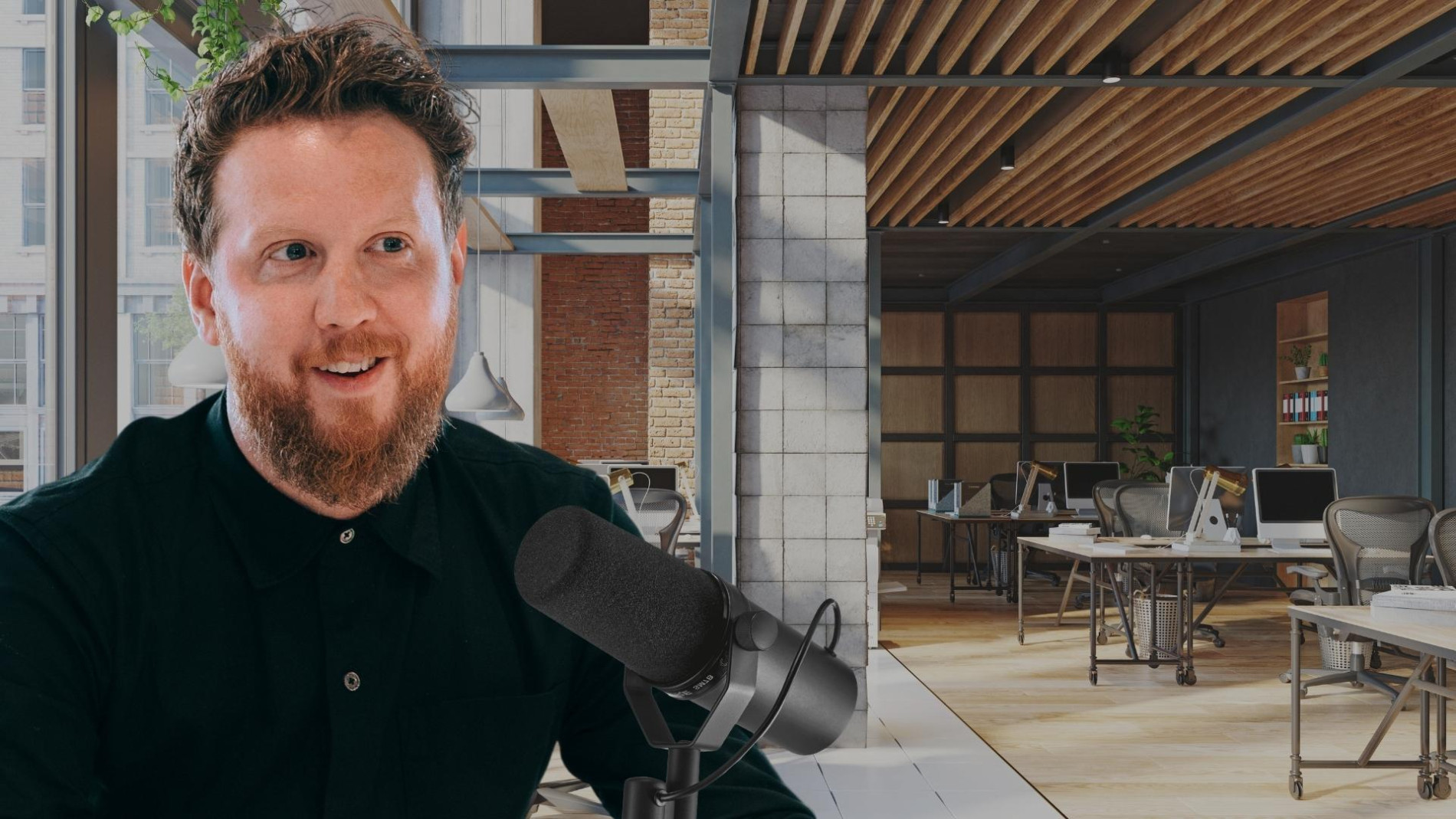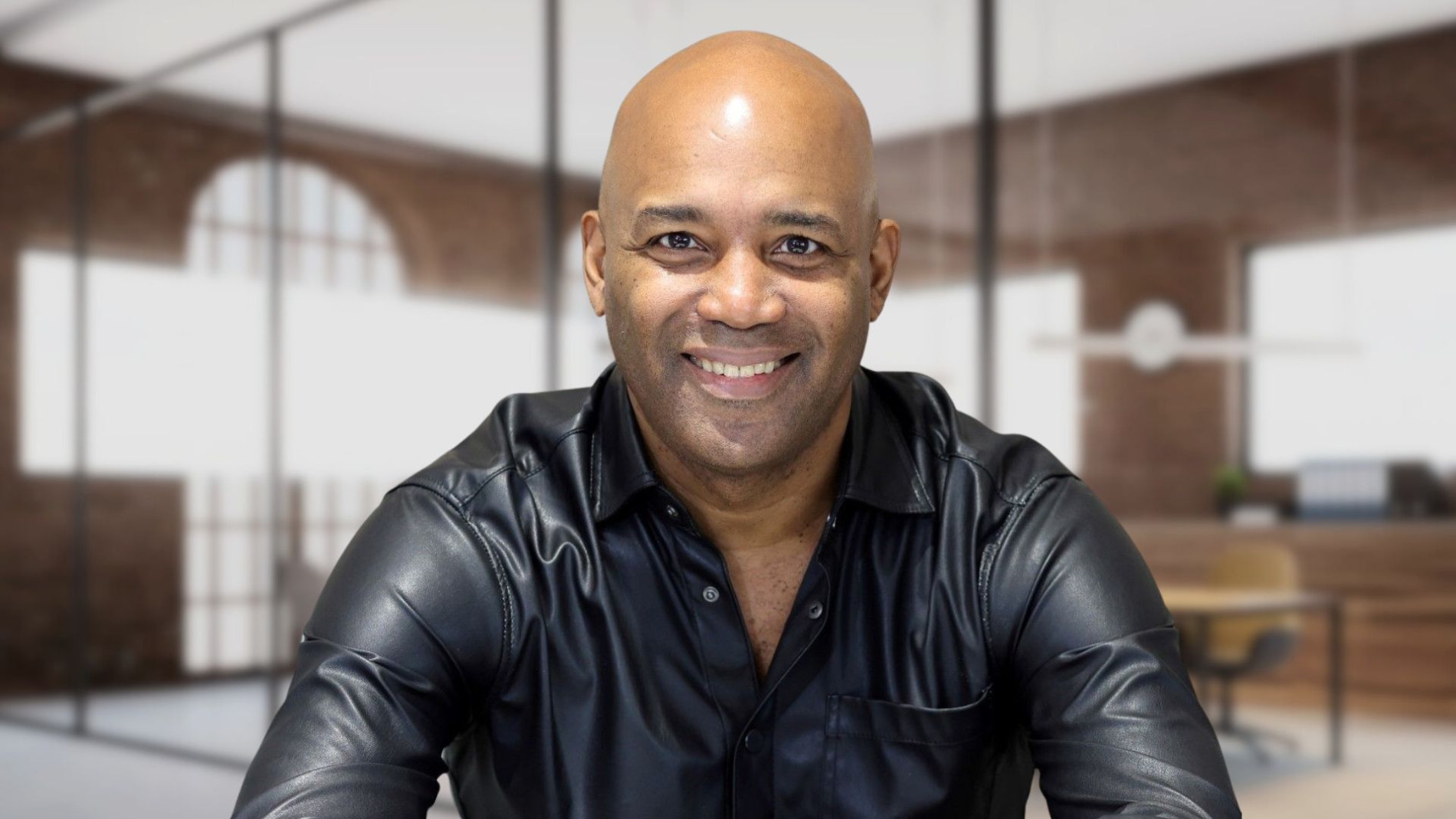
How do you lead others with confidence when you’re still figuring things out yourself?
We asked a panel of global architecture and design leaders about, well... leadership. Read on to find out what they had to say.
In episode 4 of the Bespoke Careers podcast, Forth Bagley (Principal at KPF) told us that the toughest part in his career was the moment he was expected to lead a team and still do the work. That difficult period where you’re managing others, but still on the tools yourself.
This month, we wanted to provide some advice for those entering that phase of their career. So I put the question to our panel of global leaders in architecture and design.
I selected some of the best responses to share with you. Hope you enjoy.
Robert Price
Managing Principal – Design
GEYER VALMONT
I’ve learned that honesty about what I don’t yet know can build more trust than pretending to have it all figured out. I try to be transparent, ask questions, and show that learning is part of leadership. There is a solid relationship between strength and vulnerability.
Karen Lee
Founding Principal
L+AA
I invite the team into the conversation. It’s often the greenest staff members who have the most inspiring ideas. Perhaps not buildable, but those that spark solution-making in all of us.
Suzi McKinnon
Practice Manager
Stewart Architecture
Perhaps don’t pretend you know everything and listen to those you lead. Leading isn’t about knowing all the answers but providing the construct for people around you to feel heard, supported and encouraged – with clear expectations and a clear path. Like a football coach, like the conductor of an orchestra, you don’t need to be the best to bring out the best.
Renée Ballard
Design Strategist
Lex Design Agency
Andrew Gemmell
Fractional Lead – People & Professional Development
VIA Architects
We use an approach called Stakeholder Centred Leadership. Our leaders will declare their development goal, that contributes the most to becoming a better leader. This declaration is to their stakeholder cohort (people they leader, peers, their direct reports and MD). They also ask for suggestions from this group, as to what actions do they suggest for achieving this goal? The leader use’s these suggestions to shift how they lead. It takes some courage, humility and discipline to do this though! The people around us are an enormous, and usually untapped resource when it comes to leadership.
Danny Berger
Managing Senior Principal
PBK Architects
The key to is to understand the objective, goals, or metrics. What are you tasked with accomplishing? Once you know where you need to go, you can develop a plan on how to get there. You never have all the answers or information, so you have to make decisions based on the information you have available at the time.
You will most certainly need to fill in blanks as you go. As long as you keep checking your plan and making incremental adjustments, you can feel confident in the direction you’re going. The confidence is transparent, and your team will feel and see that.
Donna Webster
Head of HR EMEA & North America
Benoy
I lead with honesty and calm, even when I don’t have all the answers. I believe people value transparency, clarity, and a sense of direction more than perfection. I’m comfortable saying, ‘We’re still working through this,’ while staying focused and involving others to help shape the way forward. To me, confident leadership means being credible, self-aware and open, leading through uncertainty without pretending to know it all.
J. Allen Harris II
Head of Architecture
McALPINE Nashville
As an Architect, if you ever think you’ve got things “figured out”, you might as well hang up your hat! Continued learning and personal growth are essential for long-term success as a leader, in any business. Be transparent with your team, communicate clearly, and cast an inspiring vision everyone can rally behind.
Develop the confidence to know that success is not built on your own perfection, or predicated on you having every detail “figured out”. Stay inspired, and focus on building a self-motivated and unified team, committed to the collective mission.
Anna Ifanti
Chief of Staff
10N
Confidence in oneself and their abilities stems from an understanding that we don’t always get it right, that we are still all learning something new, that we are still challenging ourselves but more importantly that we know when to admit that we got it wrong.
Leading a team from the front cannot happen when we still allow ourselves to remain stuck in the weeds; it takes a certain amount of trust in the team, trust in our instincts, letting go of tasks we are used to/comfortable of doing and taking a leap of faith. But more importantly, recognition that nobody is infallible and that we are all a team, pulling towards a common goal.
Building trust and working towards a common objective that everyone believes in, will result in resilience, but also in forgiveness when we don’t get it right. Most of all, it is important to maintain a level of humility and humanity, as we are all people working with people and for people.
Giorgio Ricci
Executive Vice President
Moroso USA
You don’t need to know everything to lead — but you do need to be awake. Awake to complexity, to shifting ground, to the signals that others miss. Leadership isn’t about certainty — it’s about motion. The ability to move with purpose even when the path isn’t fully visible. To read silence. To act before things become urgent. Experience doesn’t make you louder. It makes you sharper. It trains your attention, refines your sense of risk, and builds that quiet discipline of anticipation — the kind that separates instinct from impulse.
I don’t lead because I have all the answers. I lead because I’ve learned to navigate ambiguity without losing direction — and to create momentum where others wait for clarity. That’s what makes the difference: not control, but presence. Not reaction, but foresight. Not authority, but trust earned through consistency, awareness, and intent.
Wells Mason
Designer and Sculptor
Ironwood Industries
Most leaders discover that it’s hugely rewarding to subtly mentor and lead others in their own careers. This creates a growth environment for everyone, plus it ultimately contributes to your bottom line.
David Watts
Managing Director
Mima Group Limited
Good leadership can be about knowing the right questions to ask not having all the answers. The best answers are usually found from within teams so being honest and authentic, asking the right question demonstrates you are on top of the issues but reflects that you don’t, and can’t always have the answers.
Joachim Clauss
Managing Director
Smartform Architecture
Leadership isn’t about having all the answers—it’s about creating clarity and momentum even in moments of uncertainty. Leading with confidence while still learning means embracing humility, being transparent about what you know and what you’re still discovering, and surrounding yourself with capable people whose insights you trust. You build confidence by anchoring yourself in strong values—like integrity, accountability, and purpose—and by showing consistency in how you communicate and make decisions. It’s okay to say, “Let’s work through this together,” as long as you remain decisive when it counts and stay focused on the bigger picture.
Ultimately, people don’t follow leaders because they expect perfection—they follow those who are grounded, adaptable, and committed to progress. Confidence, in that context, becomes less about certainty and more about courage.
Magnus Strom
Founder and Creative Director
Strom Architects
By applying common sense and curiosity. Ask questions, and then the follow on questions so you can understand the bigger picture.
Richard Fenne
Director
Woods Bagot
The ability to stay calm in the face of adversity is a leadership superpower. Calmness breeds confidence and most organisational behaviours stem from the top, both good and bad. As a leader you have a duty to make yourself visible to the team and to model the behaviours that you would like to see adopted. In the design profession we are often under extreme pressure to deliver and maintaining consistent, positive behaviours will build trust and integrity.

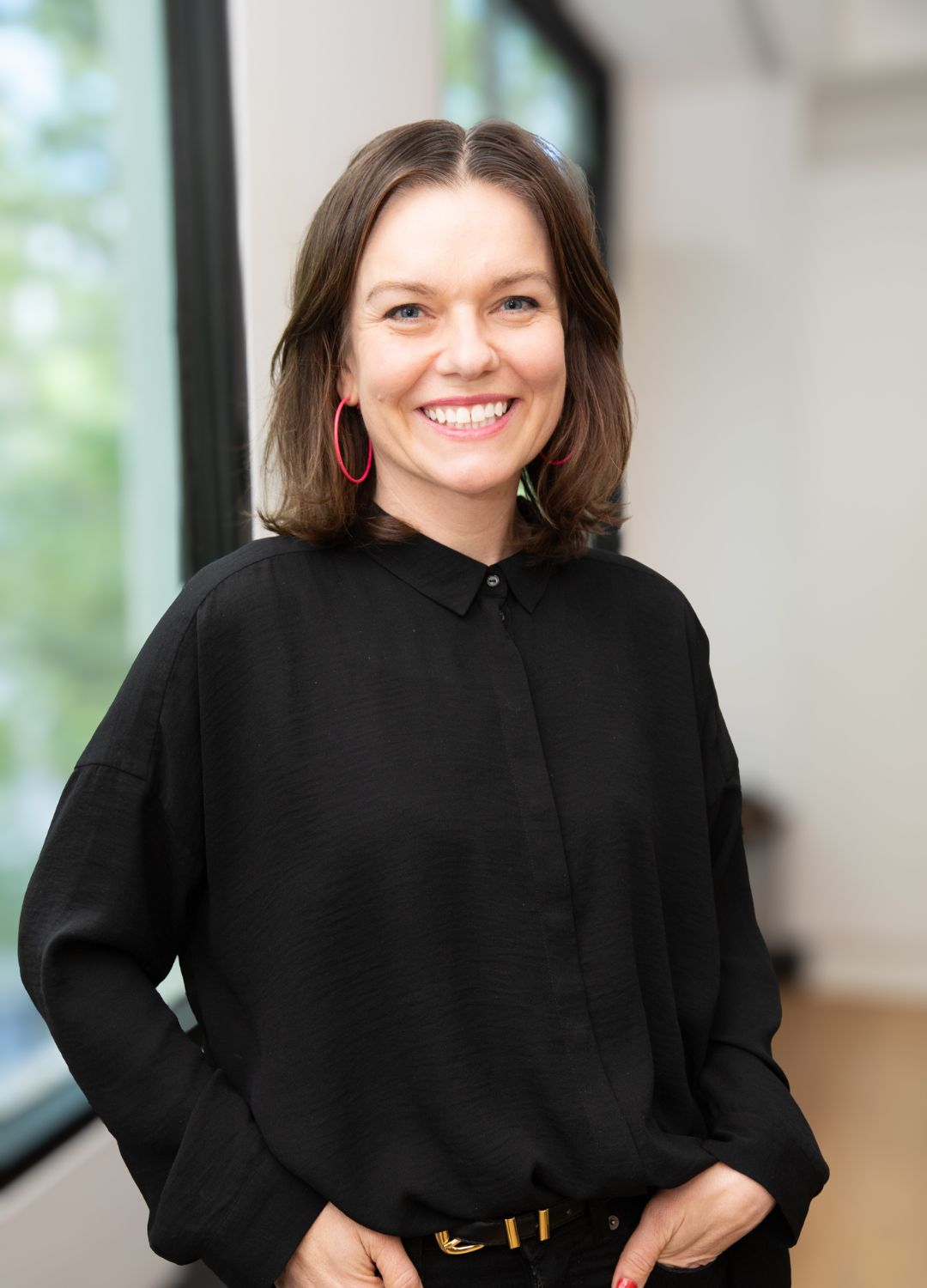
Looking to hire top talent
 or advance your career? Let's talk.
or advance your career? Let's talk.
We connect exceptional firms with talented professionals.
Let’s discuss how we can help you achieve your goals. Get in touch with the team today.
Related Posts

When it comes to the notion of the hybrid office, firms and employees are more aligned than you think. That’s among the takeaways from our recent survey of New York’s architecture and design workplaces.
We sit down with Keir-Regan Alexander, founder of Arka Works, to explore how AI is transforming architecture.
Anticipating future hiring needs can be challenging for an architecture firm or design studio. Employers can always benefit from recruitment planning, even before new vacancies materialise.
Whether you have a large project on the horizon or not, the need to recruit employees will fluctuate at times. Having good practices and strategies in place can help you be more agile when new staffing requirements arise.
